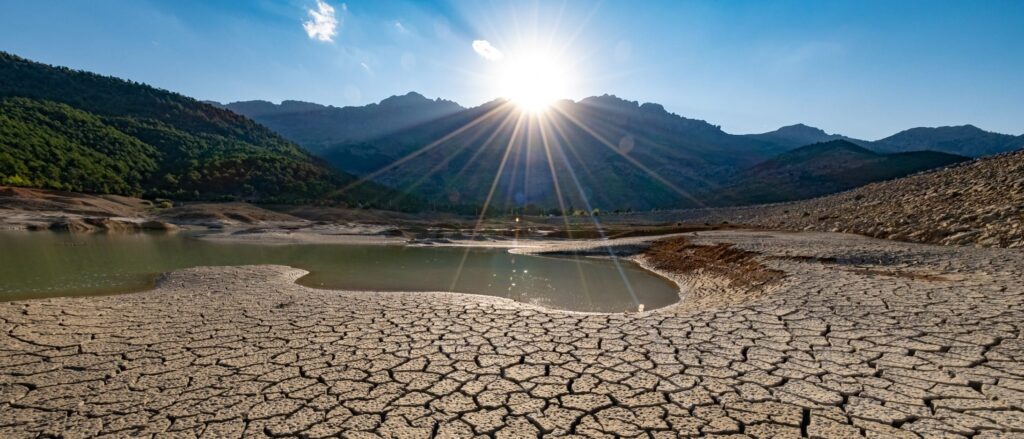
Water scarcity is a growing global concern, and as our population expands, the pressure on water resources only intensifies. Although the Earth is rich in water, just a small fraction is fit for human consumption. This disparity, paired with the rising needs for agriculture, domestic use, and industry, makes water scarcity a pressing issue.
So, what exactly is water scarcity? It’s when the demand for water surpasses the available supply in a region. This can be due to limited freshwater sources or inadequate technology to extract and distribute water where it’s needed most. Rapid population growth and urbanization worsen the situation, as more people flock to cities, increasing the demand for water for daily living and sanitation.
Urbanization brings its own set of challenges. We need advanced technologies to support the swelling population, but this rapid growth often leads to competition for scarce water resources. In many regions, outdated or insufficient infrastructure hinders water distribution, leaving some communities without reliable access. On top of that, the high cost of water can make it unaffordable for vulnerable populations, continuing the cycle of scarcity.
Take Africa, for instance. Here, the burden of water scarcity falls heavily on women and children, who are often tasked with collecting water for their families. This chore can mean long, exhausting treks that consume precious time and energy, limiting opportunities for education and economic advancement, especially for children.
Climate change and poor water management further intensify water scarcity. Unpredictable weather patterns, prolonged droughts, and extreme temperatures disrupt water availability, affecting agriculture and industry alike. Inefficient practices, such as over-extraction and pollution, make matters even worse, leading to long-term damage to ecosystems and human livelihoods.
The impact of water scarcity is far-reaching. Agricultural productivity declines as crops fail and livestock suffer, jeopardizing food security. In the Industrial realm, activities slow down, hitting economic growth and employment hard, whereas communities face increased health risks due to poor sanitation and hygiene. In essence, water scarcity hampers development and deepens inequalities, leaving millions at risk.
To tackle water scarcity, we need a comprehensive approach. Investing in modern infrastructure, promoting sustainable water management practices, and leveraging technology to improve water distribution are crucial steps. Raising awareness about water conservation and fostering international cooperation to manage shared water resources can also help mitigate the crisis.
In a nutshell, water scarcity is a critical global issue that requires our immediate attention. The combined effects of population growth, climate change, and inefficient water management threaten agriculture, industry, and livelihoods. However, if we take proactive measures, we can ensure a sustainable water future for everyone.


